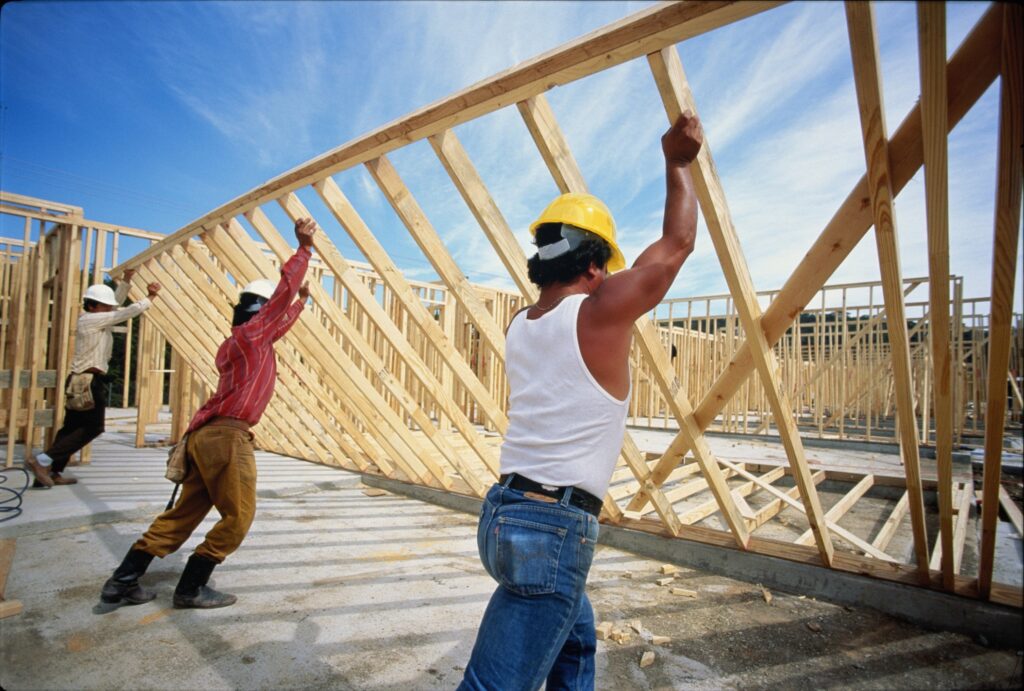Potential Pitfalls of Establishing a National Home-Building Agency in Ireland

The proposition of establishing a national home-building agency in Ireland has garnered attention in recent weeks and days from housing commentators, who argue that such an agency could address Ireland’s escalating housing crisis. However, we must exercise caution and learn from the past before embarking on this path.
The experience of the National Building Agency in the 1960s serves as a stark reminder of the potential pitfalls associated with a singular focus on housing delivery without due consideration for the broader needs of communities. As a hand-ons funder of homebuilders, we believe that a more rounded approach that comprehensively prioritises social and environmental sustainability, alongside the provision of essential services and infrastructure, is crucial for long-term housing success.
There is no denying that Ireland is facing a severe housing crisis, which poses significant economic and social challenges. The lack of affordable homes has created a ripple effect that hampers the economy, restricts business growth, and strains public services. Housing supply is dwindling, with construction activity declining for eight consecutive months. Clearly, current policies are failing to meet the demands of the Irish economy and society.
The private market’s inability to provide housing at the required scale and pace has been strongly linked to poor policy-making, and yet successive Governments have arguably diminished the State’s capacity to deliver housing. It is tempting to think another quango with a big budget could solve the problem. But experience shows us this simply will not work.
We must learn lessons from history. The National Building Agency, established in the 1960s, focused primarily on housing delivery but neglected the essential aspects of placemaking and building sustainable communities. The lack of attention to local services and community facilities led to social and economic isolation for residents. Unsustainable communities were formed, perpetuating long-term challenges.
In recent years, the housing development focus has rightly shifted towards creating socially and environmentally sustainable communities. This involves considering crucial factors such as good transport connections, proximity to services like shops, schools, parks, and medical facilities
To address the current housing crisis effectively, a more holistic approach to placemaking is required. Merely establishing a national home-building agency to solely tackle housing delivery may risk repeating the mistakes of the past. Instead, policymakers should prioritise a comprehensive strategy that encompasses both housing provision and the development of sustainable communities. This approach would require collaboration between public and private sectors, leveraging the expertise and resources of various stakeholders. The State’s role in homebuilding must be to create and facilitate the environment in which housing can be delivered at scale, without undue delays, to a high standard. The industry has shown itself to be ready and able, we cannot continue to be let down by poor policies and a dysfunctional planning regime.
Ian Lawlor
086 3625482
Managing Director
Lotus Investment Group
